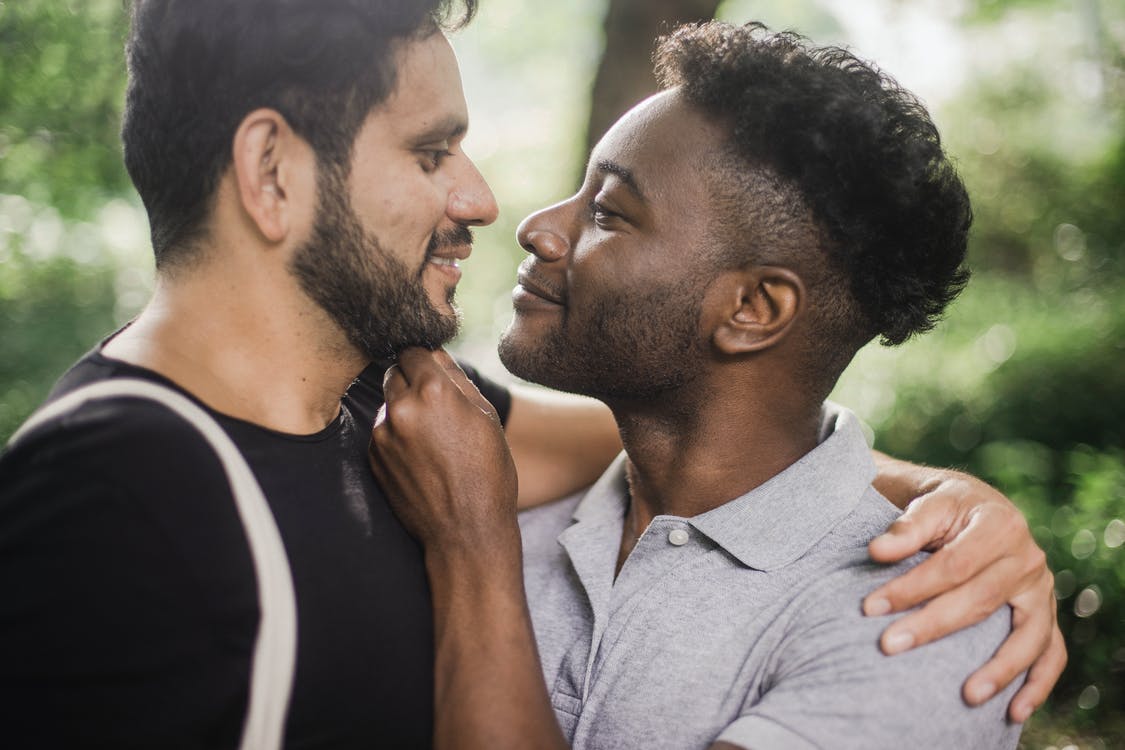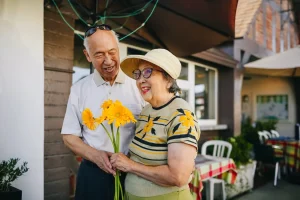
It's natural but how do we communicate it?
It is part of the human condition to need to feel loved/wanted/accepted. How we communicate this with each other is more complicated than you would think.
When mental illness clouds our mind, it affects the way we think, feel and behave. It permeates every aspect of life especially relationships.
I’m not just talking about intimate relationships. What happens when one half of a friendship/relationship struggles to know what they’re thinking and feeling? Although we may know (on an intellectual level) that’re we’re loved, actually communicating it to each other is important. We all give and receive love in completely different ways and while one person may think they’re communicating love brilliantly, the message just may not be getting through.
Words of Affirmation – this is where simply using words is best. Not just “I love you” but also “you look beautiful”, “I’m glad you’re in my life”, “I’ve had a good time with you today” are all ways of appreciating the other person.

Acts of Service – where doing is important. It may be tasks around the house such as cooking, cleaning or shopping. Or it may be watching/listening out for what the other person needs, when they shiver, offer them a jumper or a blanket. For some people these things come incredibly naturally, for others, it will need to be a conscious effort.
Physical Gifts – giving and receiving gifts for some people is the ultimate communication of love, whether it’s a few wild flowers picked from the garden or an unexpected new car, often the size isn’t important, it’s the gesture that matters.
Quality Time – easily forgotten as a form of communication. It’s not usually important what’s happening at the time but it’s the quality that matters. For Steve and I, putting our phones/iPads/laptops to one side is the key.
Physical Touch – while sex may be important in an intimate relationship, a touch on the arm, a hug or a peck on the check may be important parts of all relationships.
Trying to communicate with someone who is mental unwell can be very difficult; words may fall on deaf ears, acts of service go unnoticed, gifts ungratefully received and touch may be unbearable. It can also be very difficult to spend time with someone who is unwell. When unwell, the distorted thoughts and feelings lead to behaving out of character and rejecting any thoughtful gestures.
It’s important to remember there is still a person underneath (no matter how buried in illness). They still have the same fundamental needs – try to think about what they usually like. Try to ask the person what they need/want – this can be very tricky as within the gloom it’s very difficult to know. But if they say “I fancy a cup of coffee”, that’s a start, or if they say “I don’t want to talk”, perhaps say “do you mind if I just sit with you, we don’t have to talk” – at least then the silence isn’t awkward, it is the presence that is communicating “I care”.
When in hospital, my Mum cleaning my flat, taking my washing and a gift of contraband Pepsi Max went a long way to helping me feel loved. Quality time is a really hard one, I really appreciated visitors during my hospital stays but I would get incredibly tired and didn’t really want to talk, I had a friend who would bring a simple game to play, that was ideal! Cards and texts also meant a lot to me when I was most unwell. The odd arm around my shoulders from a nurse would also help me feel that they cared.
As the ill person, emotions and feelings can be very confusing. When I was overwhelmed with the thoughts that those around me would genuinely be better off without me, I thought the best way to communicate my love for them would be to remove myself from the world. When less unwell I had to remember that these people were hurting too and I wanted to make an effort to show them love and be grateful for them sticking by me. When low on money (as most ill people are) I would try to make gifts for people instead. Abstract love may be difficult but sticking to the facts can help. If someone’s visited, no matter how hard it had been, saying “thank you for coming” is important; if I found the words “thank you” were too hard, I would write a text.
For either the perspective of the ill person or those around them, communicating love can be very difficult but with a bit of insight as to what’s needed it is possible. It may be necessary to say “I need to hear that you love me”, an immediate response maybe “I love you” but what’s really important is follow this up with the love language that works for that person.

Discover your love language here. It’s important, not only to know how you give and receive love but how those around you give and receive love. If I’m running around doing acts of service because I express my love in that way, there’s no point in me doing any of it if my other half doesn’t know I’m expressing my love in this way and that I’d find it amazing to receive love in this way.
Remember, even if you do not usually communicate love in a particular way, if you put yourself out and the other person feels love from it, that’s what matters!
Remember our love language can change so do the test often, the results may not be the answer to everything but if it sparks up conversation with those you want to communicate with, that’s great!




